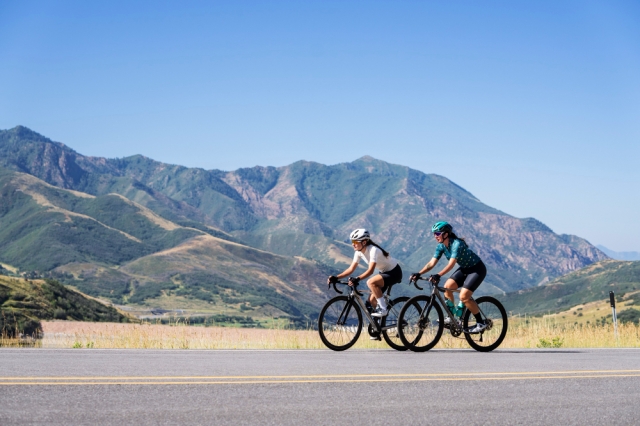Cycling is a fantastic way to get exercise, explore your surroundings, and save money on travel. But with more bikes on the road, safety remains paramount, especially for beginners.
This guide equips you, or your child, with the knowledge and skills to navigate the roads confidently.
What Equipment You'll Need
Legally, all cyclists under 18 must wear a helmet that meets current regulations. Invest in a well-fitting one – a comfortable helmet is one you'll wear consistently.
High-vis clothing is essential, particularly in dark conditions. A reflective vest or bright jacket will make you more visible to motorists. Don't forget lights – a white front light and a red rear light are a must.
A good quality bike is important. Get your bike checked by a qualified mechanic before hitting the road. Learn how to perform basic maintenance yourself, like checking tyre pressure and tightening loose bolts.
Building Your Confidence
Start by practising in a safe, traffic-free environment like a park or cycle path. This allows you to master basic skills like braking, changing gears and signalling before you tackle traffic.
Once comfortable, choose quiet residential roads with minimal traffic. Gradually progress to busier roads as your confidence builds.
Practice cycling in a straight line by focusing on a point ahead. Looking down at your handlebars can lead to wobbly wheels and you won’t be able to spot potential hazards.
Hazards to be Aware Of
- Doors: Parked cars pose a threat, especially when drivers open doors without checking their blind spots. Maintain a safe distance from parked cars and be extra cautious when passing parked cars on narrow roads.
- Junctions: These can be intimidating for new cyclists. Look out for turning vehicles, particularly those turning right across your path. Make eye contact with drivers where possible and signal your intentions clearly.
- Uneven road surfaces: Watch out for potholes, drain covers, and debris that can cause punctures or sudden swerves.
- Know your rights: While cyclists have certain rights on the road, remember, it's always better to be safe than sorry. Yield to traffic when appropriate and avoid taking unnecessary risks. If you're in an accident that wasn't your fault, you may be entitled to claim personal injury compensation. It's always best to consult a solicitor for specific advice on your situation.
Your Responsibilities on the Road
The Highway Code applies to cyclists too. Familiarise yourself with the rules, particularly those relating to traffic lights, road markings, and right of way.
- Be predictable: Signal your intentions clearly and well in advance of any manoeuvres. Avoid weaving in and out of traffic.
- Respect other road users: Share the road responsibly, and remember pedestrians have priority on pavements.
- Ride at a safe speed: Consider the road conditions, traffic volume, and your own ability.
- Stay alert: Avoid distractions like headphones or mobile phones while cycling.






